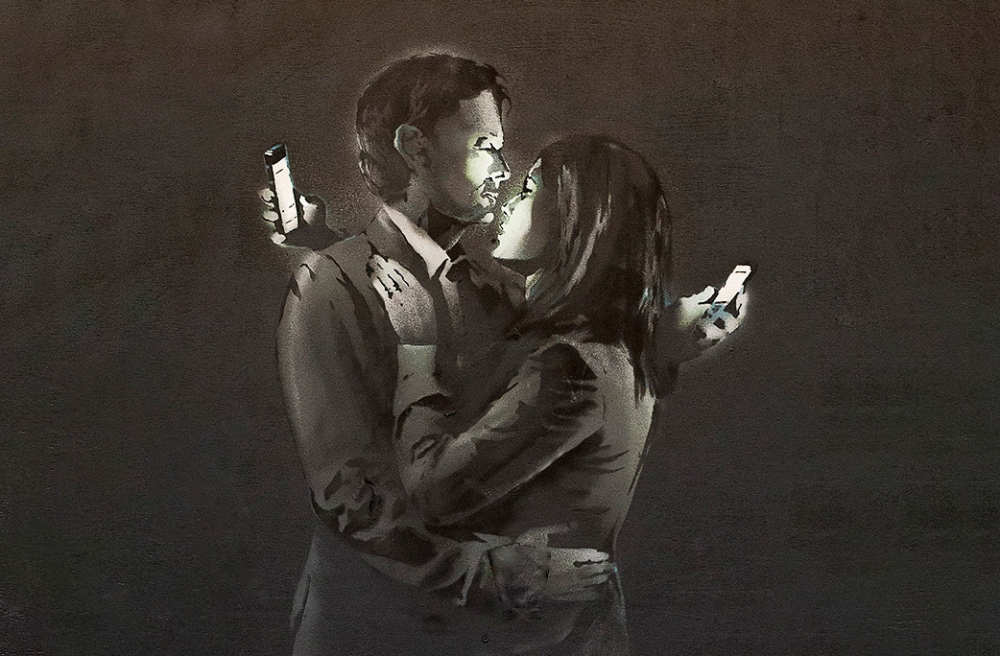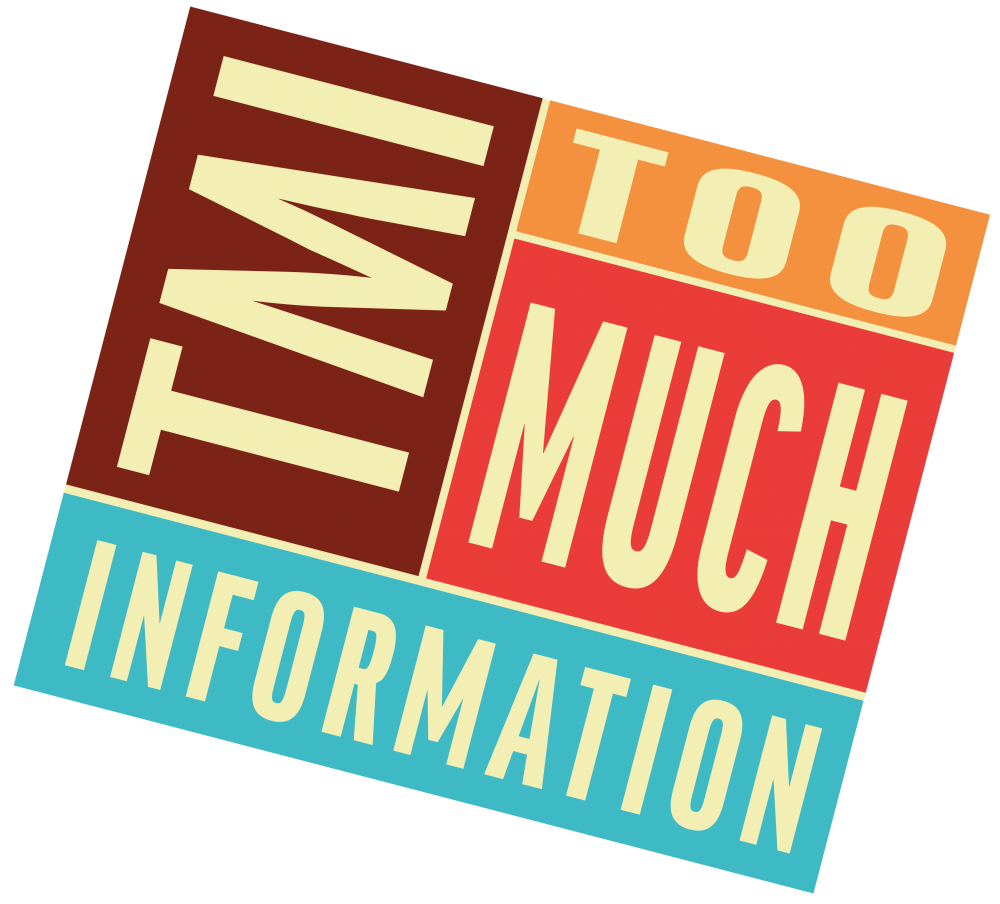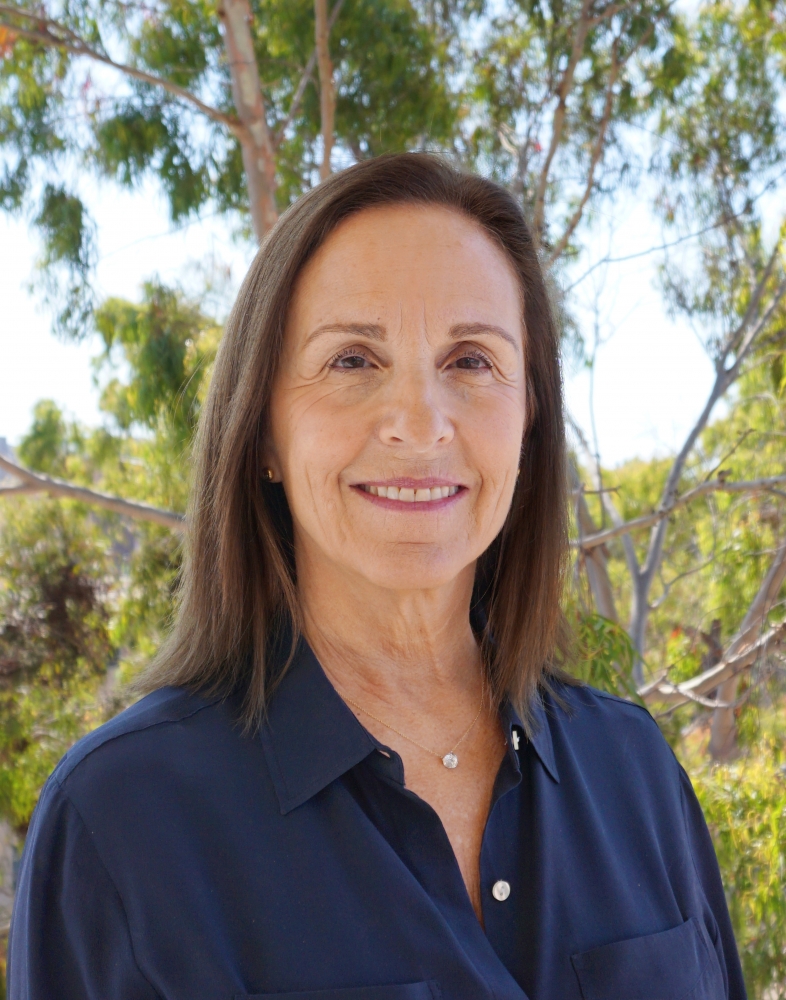
Too Much Information


After two years immersed in the virtual world — teaching, researching and connecting online — scholars are taking stock of the good, the bad and the ugly when it comes to life in the Information Age.
Which is which, and how much is too much?
UC Santa Barbara’s Interdisciplinary Humanities Center (IHC) will embark on a deep dive into diverse aspects of the media-saturated moment in its 2022–2023 public events series, Too Much Information.
“As we transition from a period characterized by a retreat from shared public physical spaces, face-to-face communication, and on-site learning, it seems crucial to consider the impact of our virtual life upon how we understand what constitutes legitimate knowledge,” IHC Director Susan Derwin said. “The humanities are instrumental in teaching the skills for discernment and discrimination of fact and fiction along with the legitimacy and utility of information.”
The humanities are where analytical and critical thinking skills come to bear, she continued, on how we manage the countless sources of information and misinformation to which we are exposed.
“There is a tremendous power in the internet, which has mobilized political and social movements, helped protect national security and more,” Derwin noted.
But the deluge of information also has a flip side. Not all voices and communities are given the same high-speed dissemination, visibility and space, and Derwin said she hopes to flesh that out in the series as well.
Some of the talks will examine spaces where lack of access to the internet, as is the case for people who are incarcerated, serves to perpetuate inequities and abuses of individual rights, Derwin noted.
The year-long program kicks off Oct. 6, when Wolf Kittler explores the history of information in his talk, Too Much or Too Little? Kittler, a professor in the Germanic and Slavic studies department, will discuss the history of our relationship to information and how the abundance of information available today is both too little and too much.
“People have always used technology and materials to store and transmit information,” Kittler said, “whether it was rock, paper, magnetic tape or silicon chips, and so on. It’s about this long history that started in the second millennium before our time and continues through time until we arrive at Google.”
In presenting wide-raging examples of sources of information, Kittler will consider changes to concepts around information, what qualifies as information, how it's stored and transmitted, and how fast it travels. Examples Kittler will look at include DNA, the stars and the internet.
“We want to start out in a way that will frame and give context to our present moment, and Wolf Kittler is a storyteller,” Derwin said. “He will tell us the story of information.”
Kittler’s talk and Q&A will take place Thursday, Oct. 6, at 4 p.m., in the McCune Conference Room, 6020 HSSB. A reception will follow. The talk will also be live streamed on Zoom.
Other events slated include a discussion with Kenneth E. Hartman and Luis J. Rodríguez, co-editors of the anthology, “Make a Poem Cry: Creative Writing from California’s Lancaster Prison,” to be held on Thursday, Oct. 13, at 4 p.m. in the McCune Conference Room.
In February, the series will invite Heather Houser, professor of English at the University of Texas at Austin, to speak on The Climate Infowhelm — the experience of feeling overwhelmed by too much information about the environmental crisis. Houser is the author of “Infowhelm: Environmental Art and Literature in an Age of Data.” Her talk will be Thursday, Feb. 16, 4–5:15 p.m. via Zoom.
In the spring quarter, on Thursday, April 27, UC Berkeley professor Hany Farid will discuss the dangers of AI-synthesized image, audio and video in his talk: Creating, Weaponizing, and Detecting Deep Fakes.
All talks are free to attend. Questions about the IHC’s “Too Much Information” series can be directed to events@ihc.ucsb.edu or by calling 805-893-2004. More details about the series as well as other programming offered by the center can be found on the IHC website.



